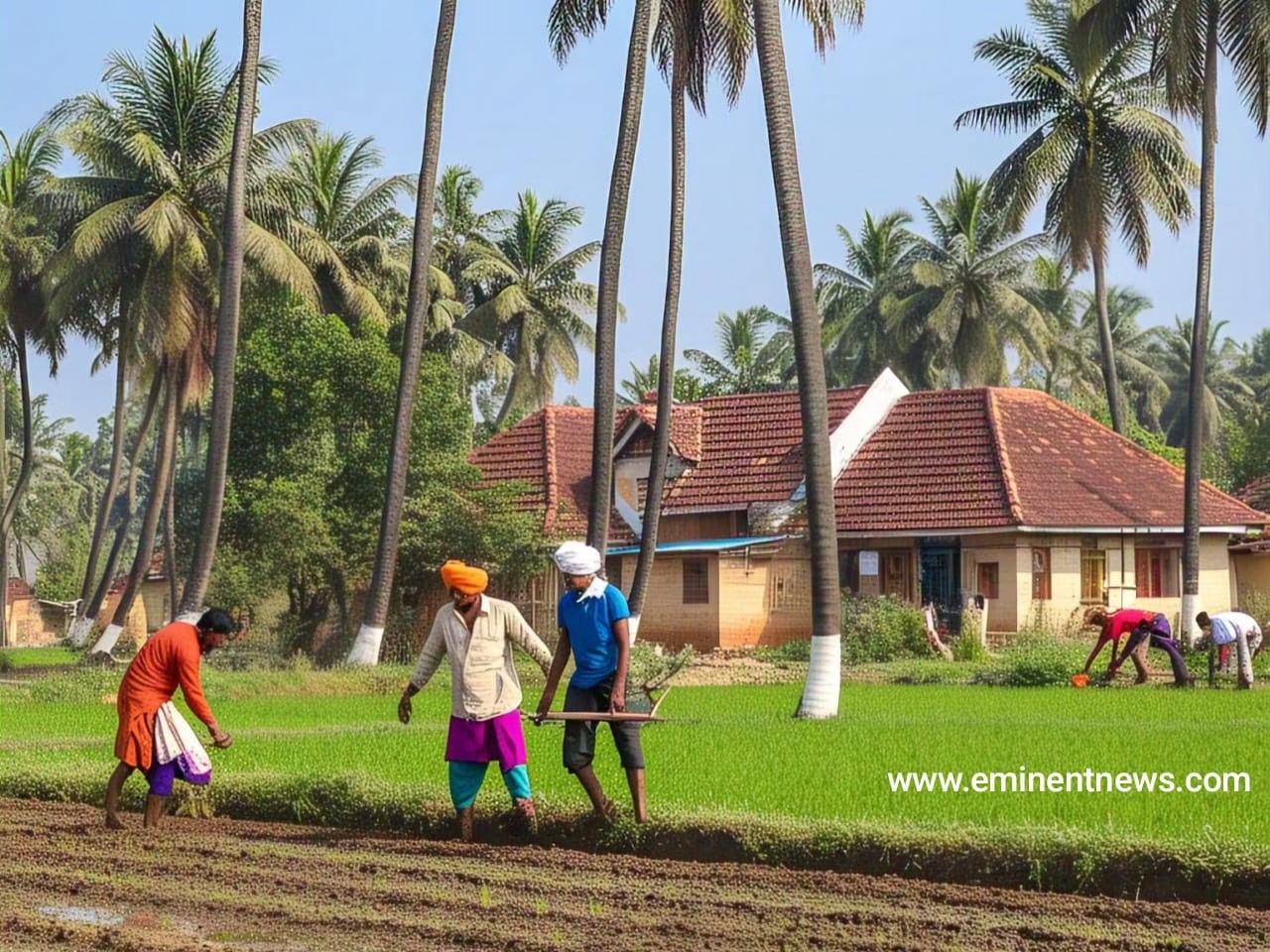The National Mission on Natural Farming (NMNF) is an initiative by the Indian government to promote chemical-free farming practices that are environmentally sustainable and economically viable .
Objectives:
- Promote Natural Farming: To promote natural farming practices to ensure safe and nutritious food while minimizing dependence on chemical inputs .
- Reduce Input Costs: To lower the cost of cultivation by reducing reliance on external inputs .
- Soil Health and Biodiversity: To improve soil health, enhance biodiversity, and increase climate resilience .
- Water Conservation: To promote efficient water use .
- Farmer Income: To enhance farmers’ income through reduced input costs and better market prices .
Key Components and Strategies:
- Cluster Approach: Implementation through the cluster approach .
- Resource Centers: Establishing Bio-Input Resource Centers (BRCs) to facilitate the local production and availability of bio-inputs .
- Training and Capacity Building: Training farmers on natural farming practices .
- Awareness Campaigns: Conducting awareness campaigns to promote the adoption of natural farming .
- Integrated Farming Systems: Promoting integrated farming systems involving crops, livestock, and trees .
- Research and Development: Supporting research to validate and improve natural farming practices .
- Market Linkages: Creating market linkages for natural farming produce .
Implementation:
- Mission Mode: Implemented in mission mode through dedicated teams at the national, state, and district levels .
- Convergence: Convergence with other schemes such as Paramparagat Krishi Vikas Yojana (PKVY), Mission Organic Value Chain Development for North Eastern Region (MOVCDNER), and MGNREGA .
- Farmer Producer Organizations (FPOs): Encouraging the formation of FPOs to promote collective marketing and value addition .
Expected Outcomes:
- Reduced Chemical Inputs: Decreased dependence on chemical fertilizers and pesticides .
- Improved Soil Health: Enhanced soil fertility and organic matter content .
- Increased Water Use Efficiency: Better water retention and reduced irrigation needs .
- Enhanced Farmer Incomes: Higher net incomes for farmers through reduced input costs and better market prices .
- Environmental Benefits: Reduced environmental pollution and greenhouse gas emissions .
Budget and Funding:
- A budget is allocated for various activities under the NMNF, including the establishment of BRCs and training programs .
Challenges:
- Awareness: Creating awareness and convincing farmers to adopt natural farming practices .
- Input Availability: Ensuring the availability of quality bio-inputs .
- Market Linkages: Developing effective market linkages for natural farming produce .
- Knowledge Gaps: Addressing knowledge gaps related to natural farming practices .
For More important current news visit www.eminentnews.com



























